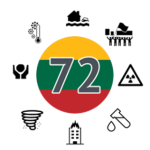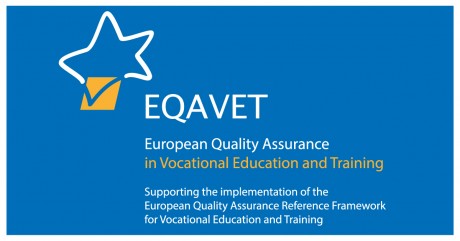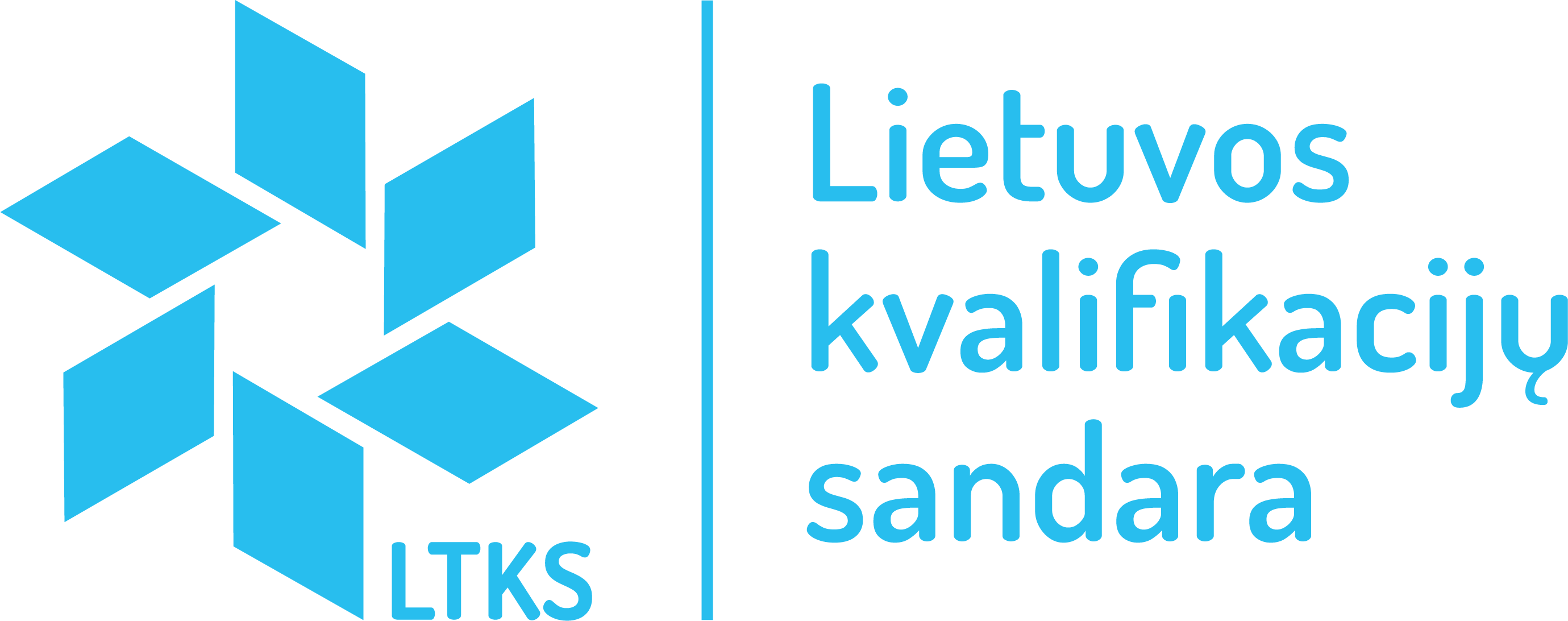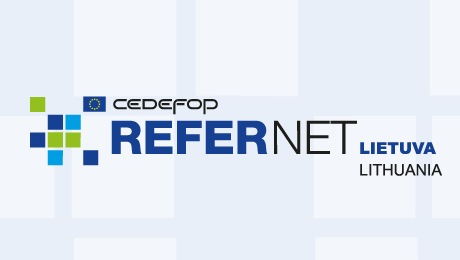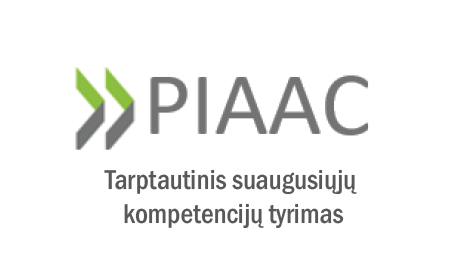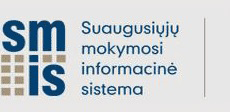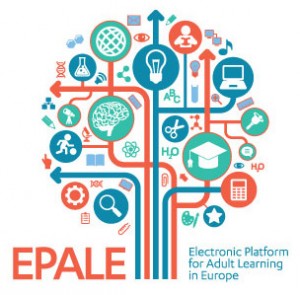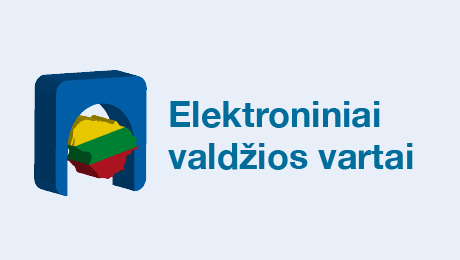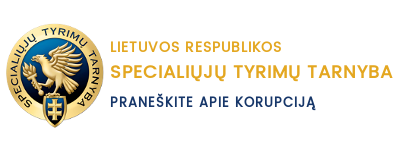In August 31, 2023 the implementation of the project „Strengthening cooperation between the institutions coordinating the work of sectoral expert councils in the Baltic states“ (SECBaltics) (No. 2021-2-LV01-KA210-VET-000051300) has been completed. This Erasmus+ Vocational Training Small-scale partnership project from the March 1, 2022 was conducted by the Employers’ Confederation of Latvia together with Latvian Agricultural Organization Cooperation Council (LAOCC), Latvian National Centre of Culture (LNCC), Estonian Qualifications Authority (Kutsekoda) and Qualifications and vocational education and training development centre (KPMPC).
The aim of the project was to form a partnership, promote cooperation and exchange of good practices between the institutions coordinating the work of sectoral expert councils as well as other stakeholders involved in development of VET education in the Baltic States.
The main activities of the project were:
1. Organize training visits to Estonia, Lithuania and Latvia to find out how sectoral expert councils work is organized in each of the Baltic States;
2. Organize virtual mobility and exchange experience between sectoral expert councils in the Baltic States by organizing meetings to plan project activities and seminars to exchange experience and good practices.
In September 13-14, 2022 employees of the Qualifications and vocational education and training development centre participated in a study visit to Estonia. On the first day of the visit, the Estonian Qualifications Authority (Kutsekoda) was visited: the Estonian qualifications system and OSKA – analysis of labour force and skill needs necessary for the economic development of Estonia were presented. On the second day of the visit, Olustvere School of Service and Rural Economics was visited. The school was founded in 1914. The school also owns the best-preserved manor estate in the Baltic States, which consists of 29 buildings. Curriculum groups: agriculture; tourism, catering and accommodation services; food processing; business services; design and handicrafts. The school has three main areas of specialization: agriculture, service and food processing.
In November 8-9, 2022 the Qualifications and vocational education and training development centre organized a study visit of partners from Latvia and Estonia to Lithuania. The first day of the visit started at the the Qualifications and vocational education and training development centre. The employees of the Centre presented the activities of sectoral professional committees in Lithuania, sectoral qualifications standards. Later, the project participants visited The National M. K. Čiurlionis School of Art. Eligijus Butkus, the deputy director of The National M. K. Čiurlionis School of Art for ballet education, told about the deep, 75-year-old tradition of the school, introduced the educational content and material base. The project partners started the second day of the visit at the Kaunas School of Applied Arts, where they got to know the work of a jeweler, layout designer, photographer, visual advertising producer, etc. specialties, inspected the recently opened practical training workshop for advertising production. Later, the project participants visited the sectoral practical training centres of the food industry (meat and bread confectionery) and hotels and restaurants of the Kaunas Food Industry and Trade Training Centre.
In February 28 – March 1, 2023 employees of the Qualifications and vocational education and training development centre participated in a study visit to Latvia. The visit started on February 28. in the Employers’ Confederation of Latvia (LDDK): got acquainted with the functions of the Sectoral Expert Councils operating in Latvia and the process of creating and implementing new professional standards/qualification requirements. On the first day of the visit, Janis Rozentals art school was also visited. On March 1, 2023 attended the Uogrė Technical School, got acquainted with design and art, information technology, forestry, wood products and hunting training programs. School representatives spoke about career education and international cooperation, cooperation with the Baltic countries, participation in SkillsLatvia and other professional competitions. On the second day of the visit, the Central Library of Uogrė and the Art School of Uogrė were also visited.
In May 23, 2023 the remote workshop “Exchange of experience of the Sectoral Expert Councils (SECs) in the Baltic Region“ was held. At the workshop, representatives of the institutions coordinating the activities of the sectoral expert councils of the three Baltic countries shared their experience about the activities of the sectoral expert councils of each state, the creation of professional standards, and the involvement of employers in the process of awarding professional qualifications. The participants of the the workshop were able to compare the vocational training systems of the three countries and get acquainted with good practices.
In June 16, 2023 the final conference of the project “Skills – Success factor in economic transformation” took place. Lina Vaitkutė, head of the Qualifications Formation Unit of the Qualifications and vocational education and training development centre, spoke about the creation of sectoral qualifications standards in Lithuania at the conference.
While implementing the project, the project partners prepared information on 3 topics: “Sectoral expert councils in Estonia, Latvia and Lithuania”; “Development of occupational qualification standards in Estonia, Latvia and Lithuania” and “Sector involvement in the qualification awarding process in Estonia, Latvia and Lithuania”.
After the implementation of the project, the foundations for a long-term partnership at international level were laid, as well as cooperation between the three co-ordinating bodies of SECs in Latvia, at national level promoted. The project provided an opportunity to find good practice examples, strengthen cooperation and develop a common approach to the implementation of SEC functions both at international and national level.
This article has been prepared in the Erasmus+ Small-scale partnership project in vocational education and training “Strengthening cooperation between the institutions coordinating the work of sectoral expert councils in the Baltic states” (SECBaltics) (No – 2021-2-LV01-KA210-VET-000051300).
Funded by the European Union. Views and opinions expressed are however those of the author(s) only and do not necessarily reflect those of the European Union or the European Education and Culture Executive Agency (EACEA). Neither the European Union nor EACEA can be held responsible for them.



